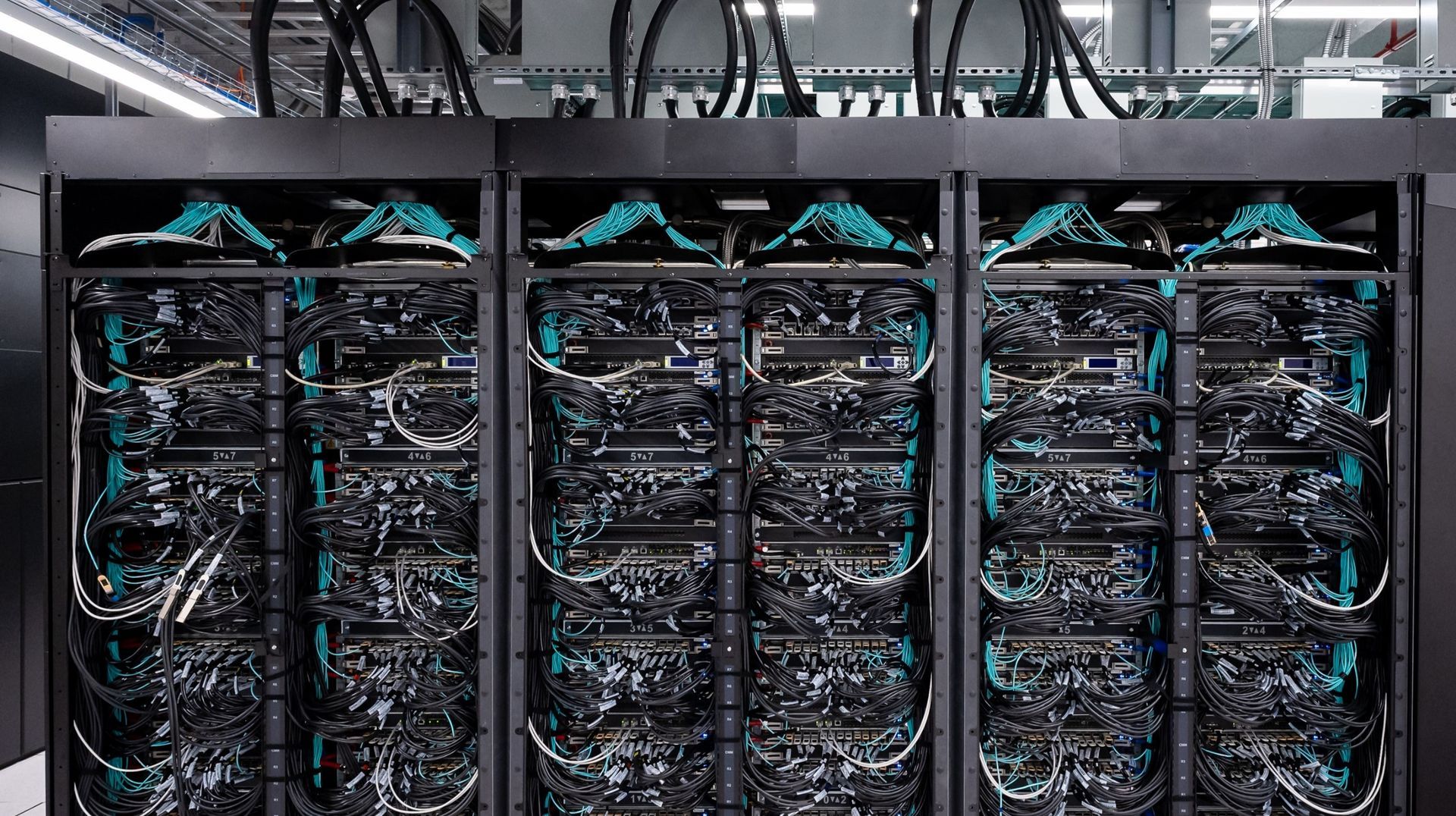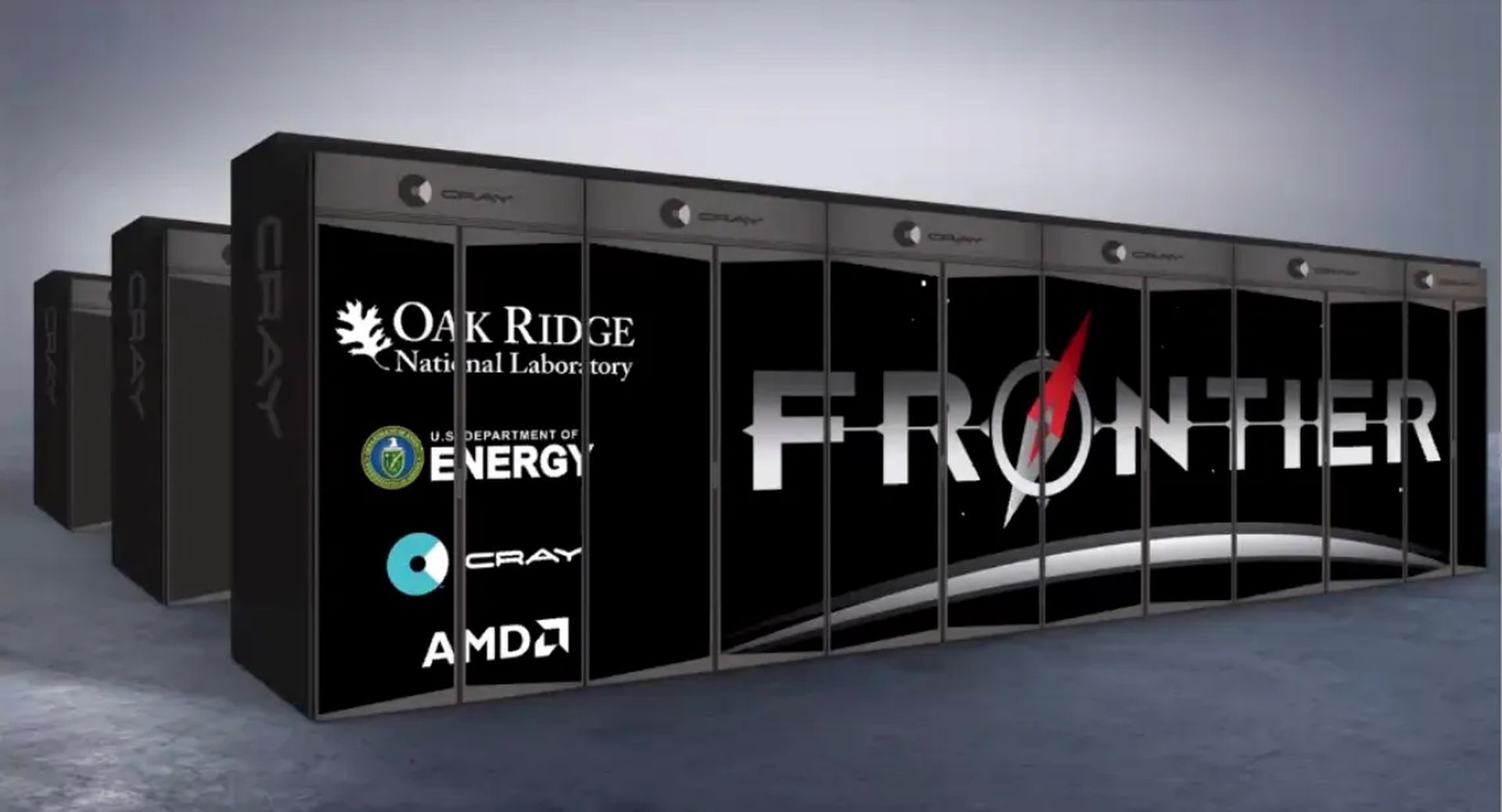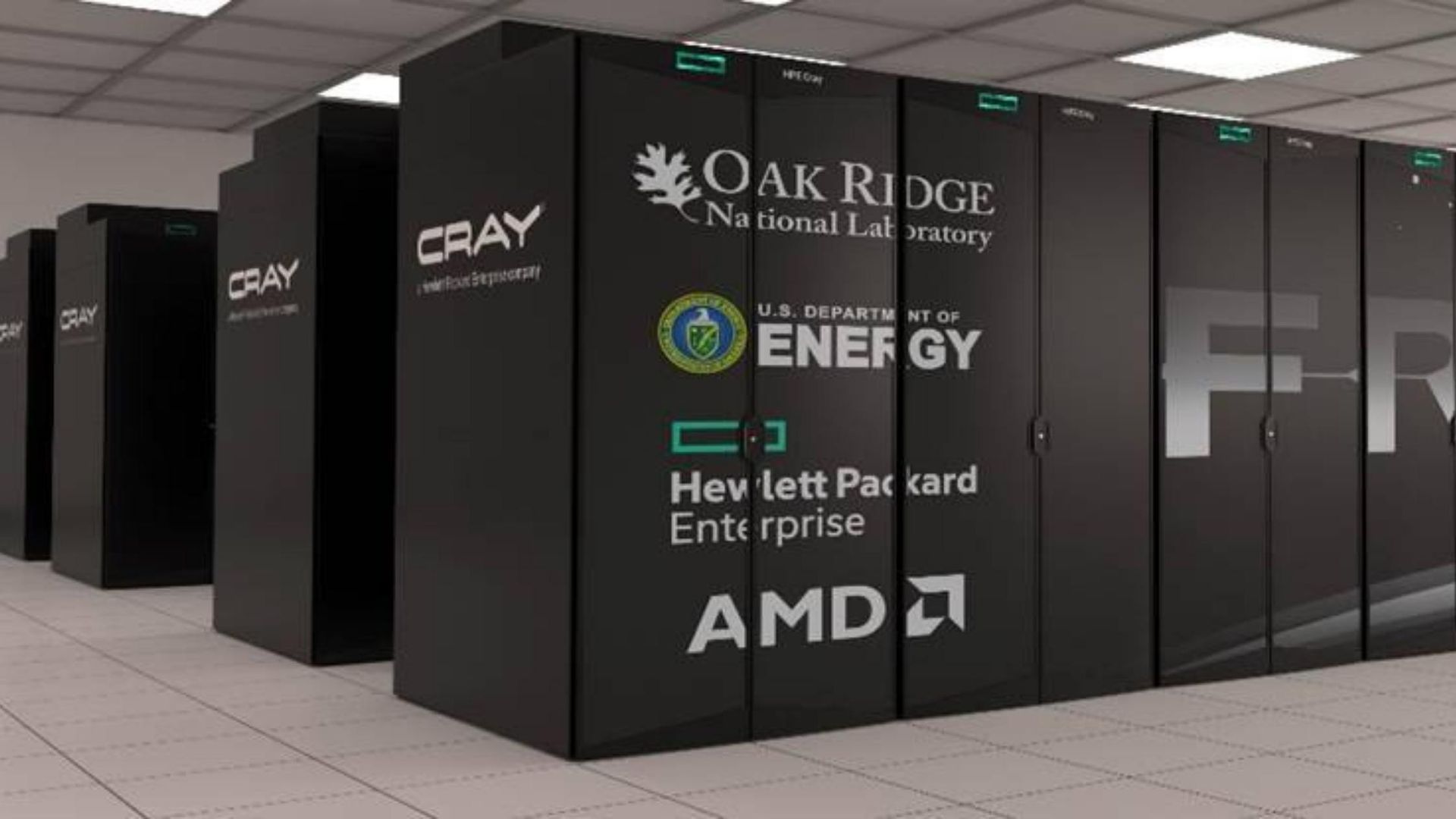In keeping with a promise made by President Obama over seven years ago, the US has managed to create the first “true” exascale supercomputer, ushering in a new era of computational power.
The fastest supercomputers in the world up until this point were still petascale, capable of a quadrillion calculations per second. This is taken to a whole new level by exascale computing, which can process a quintillion operations per second. Did you know that quantum computing turns into accessible services with the cloud-based quantum computers?
Exascale computing can process a quintillion operations per second
The Frontier supercomputer, created at the Oak Ridge National Laboratory of the Department of Energy in Tennessee, is currently the first supercomputer in history to show a processor speed of 1.1 exaFLOPS (1.1 quintillion floating point operations per second, or FLOPS).
A benchmarking test known as High-Performance Linpack validated the outcome (HPL). As remarkable as that may sound, Frontier’s theoretical maximum performance, according to the Oak Ridge lab, is 2 quintillion calculations per second. The supercomputer’s theoretical maximum performance is even more astounding.

All theory aside, the TOP500 list of the world’s most potent supercomputers is based on the standardized HPL benchmark, and thanks to Frontier’s premiere performance, it is currently considered to be the fastest system in this illustrious group of devices.
“With an exact HPL score of 1.102 exaFLOPS, Frontier is not only the most powerful supercomputer to ever exist – it’s also the first true exascale machine,” TOP500’s announcement reads.
Technically, the distributed computing project Folding@home, which tackles numerous medical issues, was the first to break the exascale computing threshold in 2020. But unlike Folding@home, where the calculations were dispersed among multiple home computers, Frontier is the first true exascale supercomputer.

Exascale computing represents a new level of computational power for calculating solutions to extremely complex problems involving vast amounts of data, such as modeling climate systems, developing new types of materials and medications, and penetrating the deepest mysteries of physics. Computer scientists have been working towards exascale computing for years.
Nearly as quickly as supercomputers themselves, the field has advanced. The top machine over the past two years has been the Japanese supercomputer Fugaku, which scored 415.5 quadrillion FLOPS in 2020. (415.5 petaFLOPS).
That was about three times faster than the system it replaced as the top machine, the IBM-built Summit supercomputer, which is also housed at Oak Ridge National Laboratory at the time.

Summit has dropped to fourth place on the TOP500 list in the new rankings for 2022 (with a new score of 148.8 petaFLOPS), considerably behind Frontier, Fugaku (in second place with 442 petaFLOPS), and newcomer LUMI from Finland, which earned 151.9 petaFLOPS.
According to TOP500, only Frontier has, among all of these extraordinarily potent supercomputers, actually reached exascale computing performance.
“Considering the fact that Fugaku’s theoretical peak is above the 1 exaFLOP barrier, there’s cause to also call this system an exascale machine as well. However, Frontier is the only system able to demonstrate this on the HPL benchmark test,” TOP500’s announcement states.
The TOP500 list does not include any new Chinese supercomputers that were not formally submitted for consideration in the competition.

This means that we are unsure of how they will stack up against this year’s ranked systems, despite the fact that Chinese supercomputers have consistently performed well in rankings in the past and that some analysts think China may be developing a number of impending exascale computing systems.
None of which diminishes the monumental achievement of Frontier. Currently, this amazing device holds the title of the most sophisticated computer on the planet. It is a US$600 million powerhouse ready to reveal a wide range of amazing and significant information to us.
“Frontier is ushering in a new era of exascale computing to solve the world’s biggest scientific challenges. This milestone offers just a preview of Frontier’s unmatched capability as a tool for scientific discovery,” stated ORNL director Thomas Zacharia. Besides creating powerful computers, scientists are addressing environmental issues too, what do you think; can green computing save the planet?





